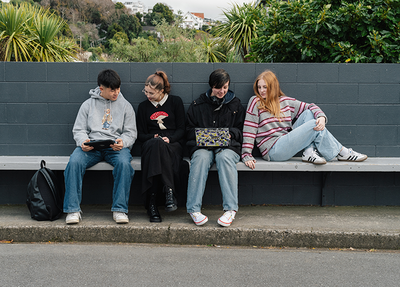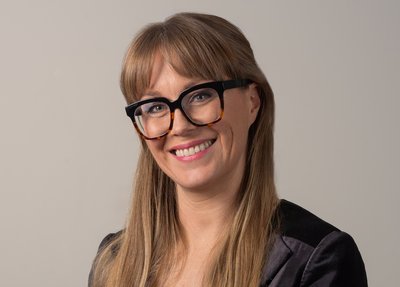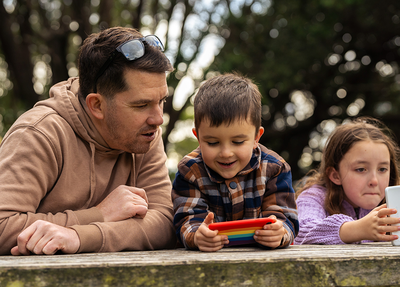Classification Office Response to Christchurch – What You Can Do
Like the rest of New Zealand, our hearts are with NZ’s Islamic community and all those affected in Christchurch. We grieve with them and stand with them.
In light of Friday’s tragic events, with footage of the incident going viral, we, along with a number of other agencies have been working diligently to respond quickly and remove this footage from social platforms. We’ve been heartened to see so many others online encouraging their communities not to watch and share.
Why?
Footage of this nature is problematic for a number of reasons:
- This is not a case of citizen journalism that forms a record of human rights atrocities. This is not a freedom of speech or information issue. This footage was shot by the perpetrator and live-streamed for the sole purpose of glorifying his own violent actions and gaining global recognition. Sharing it only feeds into the support he already has within extremist communities, and emboldens those with violent, extremist ideologies.
- Out of respect and compassion for the victims and their families, this footage should not be shared or linked online. No one deserves to have the last moments of their loved ones documented in this manner, and shared for all to see. Those who lost their lives are entitled to the dignity afforded to them by privacy, as are those grieving their loss.
- The creation of an objectionable publication is an illegal act, as is the possession and dissemination of objectionable material.
What can you do?
If you see footage of this nature online, report it immediately.
- To report harmful content on Twitter, click here.
- To report harmful content on Facebook, click here.
- To report harmful content on Instagram, click here.
- To report harmful content on YouTube, click here.
Any harmful content should also be reported to the Department of Internal Affairs, click here.
To protect your own whānau, please be aware of, and engage with, what your tamariki and rangatahi are accessing online. Talk to your young people about what to do if a friend sends the footage to them online. They may or may not tell you, so please ask in order to ensure they're ok. Let them know they don’t have to watch it, and that they should not share it on.
Be aware of your own language around the events, particularly if you’re in the presence of young children. It’s important they feel safe. If they ask questions, be factual without going into distressing details. Further advice for parents and caregivers on discussing challenging media can be found here. The Ministry of Health has provided mental health advice for coping with trauma, and helping your young ones cope with trauma here
If you yourself are distressed and need to talk to someone, please free call or text 1737. You can also call Lifeline on 0800 543 354 or text 'HELP' to 4357. Connect with your friends and community. Remain close to your loved ones.
These are just a few practical ways you can support your family and community, while contributing positively to online safety. We're stronger together.
Subscribe to our news
Stay up to date with news from the Classification Office.


